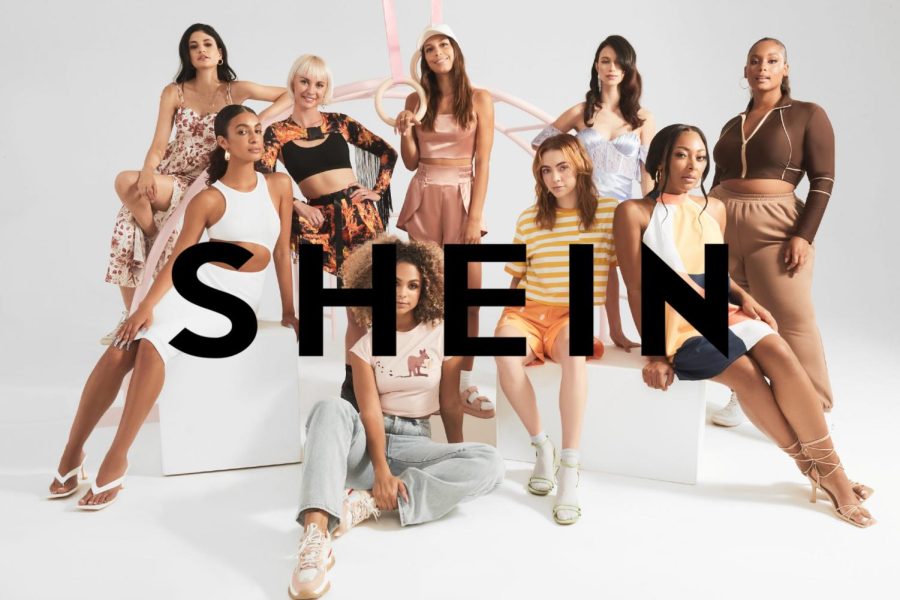Fashion giant rising with TikTok: Everything you want to know about Shein
The fast fashion brand, which was founded in 2008 and does not sell any products in China, rose with TikTok. Shein, the most searched clothing brand on Google in 113 countries, was named the most popular fashion brand of 2022.

It uploads 6,000 new products a day to the Internet and sells products worth 10 billion dollars a year. The business model built on a giant supply chain threatens world giants such as Zara and H&M.
Founded by Chris Xu in 2008, Shein captured more than a quarter of the American fast fashion market 12 years later. If it continues to grow at this rate, it could deal a devastating blow to established global players such as Spain's Inditex and Sweden's H&M. The business relies on the fast fashion model pioneered by companies including Zara owner Inditex. But Shein found a way to do it cheaper and faster, using automation, artificial intelligence, and a carefully crafted supply chain.
Shein is a clothing brand born in the Far East and is also known for its success in e-commerce. Founded in Hong Kong, the online store sells in more than 230 countries.
Over time, Shein became one of the few Chinese consumer brands to enter the American and European markets. Its competitiveness also makes it controversial that the era of super-cheap manufacturing in China is over.
While well-established fashion retailers mostly rely on Instagram for their promotions on social media, Shein is advancing through the Chinese short video application TikTok. For customers from Generation Z, the company became known for short TikTok videos called “Shein voli”. In these videos, the influencers showcase a range of outfits for their online followers. Shein makes most of its sales through mobile apps rather than traditional websites and takes ideas from the gaming world to increase engagement and spending on this platform.
They turned shopping into a fun
Dimitrios Tsivrikos, a consumer psychologist at University College London, thinks Shein has turned shopping into a form of online entertainment. Shein is also very cheap. The average unit price of more than 600 thousand products is $ 7.90.
Not surprisingly, as a result of growth on this scale and unconventional work style, Shein has been the subject of much controversy. The company has been accused of copying designs from many individuals and firms, from multinational Dr Martens and Levi's to individual designers such as UK-based Deborah Breen and Sarah Vaughan. Shein says it responds quickly and fairly to allegations of intellectual property theft.
June 2022
Shein, one of the prominent brands/marketplaces thanks to the content producers in TikTok, announced that he has received an investment of between $ 1 and $ 2 billion in his latest investment round, and his valuation is $ 100 billion. Being one of the most valuable companies globally, Shein's success stems not only from its country of origin but also from the interest of the audience in their 20s, especially in the USA.
Shein, who sells fast fashion products in many different categories at very affordable prices, defines itself as "a global B2C fast fashion e-commerce platform that provides access to trendy products that will not overwhelm the accounts". It is obvious that Shein, which differs from brands such as H&M and Zara that comes to mind first in fast fashion, with its short production time and being more affordable than these brands, has great potential in the fashion industry.
August 2022
Worrying detail on the label of the famous clothing brand: 'We need your help'
Finnish consumers shopping at Shein experienced great fear and anxiety when they saw what was written on the label.
Many users who shared the tag of the dress they bought on social media platforms found a "scary message" on the tag. It was confusing that the message in English on the tag inside the dress, which includes details such as washing instructions and the materials from which the dress was produced, was not related to either the clothing or the fashion industry.
The label includes the phrase “Need your help”.
Anu Kultalahti from Finland-based non-governmental organization Finnwatch said, “In the past, messages of help came in this way for products made from China. But it's hard to know whether the tag being discussed is really a call for help or a bug,” she said.
“The production process of these products is so long and multi-layered that it is very difficult to know what the problem is or who needs help,” Kultalahti said.
